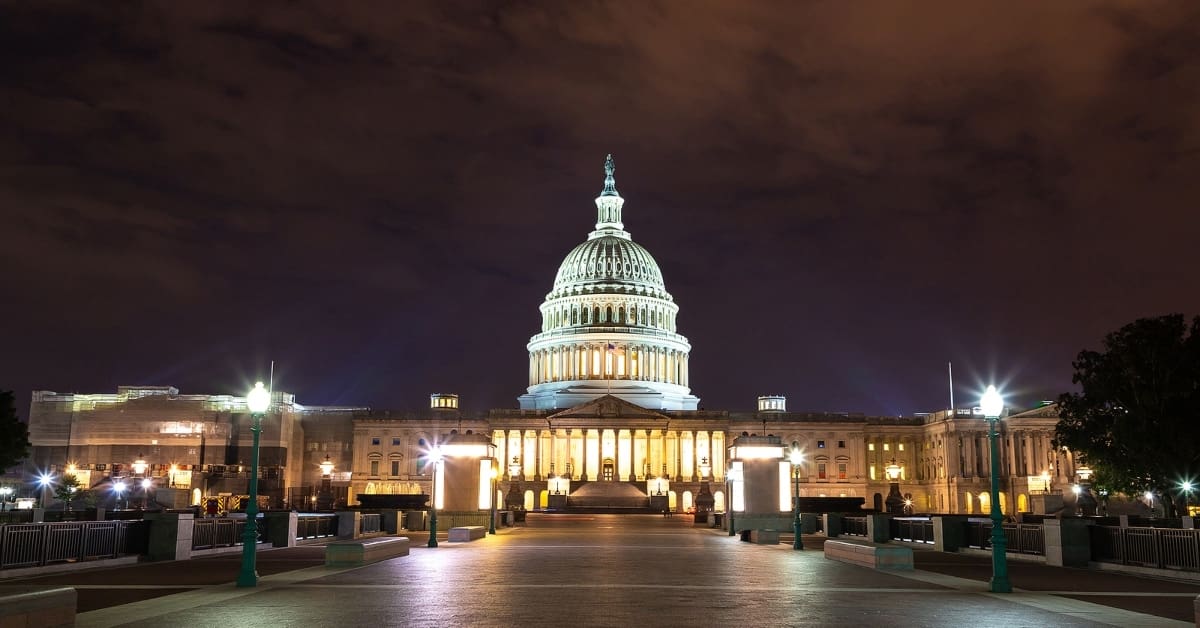
The federal government appears to be heading toward a shutdown. House Speaker Kevin McCarthy (R-CA) is trying to quell a rebellion by roughly two-dozen far-right Republicans who want to dramatically slash federal spending. If this relatively small group of lawmakers doesn’t get what they want, and Congress is unable to reach a bipartisan agreement without them, the federal government will shut down within days.
A federal government shutdown will have far-reaching impacts across the country. Members of the military and other federal workers will not be paid. Critical government operations may be reduced or halted. The economy could suffer. And the problems will worsen if a shutdown drags on for more than a few days.
The Education Department would be directly impacted by a federal government shutdown, and it could not come at a worse time for borrowers. The student loan pause has ended, and 40 million borrowers are simultaneously resuming repayment, with the first student loan payments due in October. Meanwhile, the Biden administration is in the middle, implementing several initiatives designed to provide relief to borrowers. These efforts could be hampered by a shutdown crisis.
Here's how student loan borrowers could feel the impact.
Student loan forgiveness processing could be imperiled
The Biden administration is in the process of implementing several student loan forgiveness initiatives. The Education Department recently started notifying a second batch of borrowers that they qualify for student loan forgiveness under the IDR Account Adjustment, with discharges expected to go through starting next month. The Department is also continuing to work its way through a backlog of Borrower Defense to Repayment applications for borrowers who were defrauded by their school. And Department officials are reviewing and approving, on a rolling basis, requests for loan forgiveness through the Total and Permanent Disability (TPD) discharge program and Public Service Loan Forgiveness.
Implementation of all these initiatives could be slowed or halted entirely, in the event of a government shutdown. According to a 2021 contingency plan released by the Education Department in response to an earlier government shutdown, “some basic operations (such as processing Free Applications for Federal Student Aid, FAFSA, disbursing Pell Grants and Federal Direct Student Loans, and servicing Federal student loans) could continue for a very limited time; these operations could also experience some level of disruption due to a lapse.” But if the shutdown lasts for more than a few days, the situation could rapidly worsen.
“Federal Student Aid’s (FSA’s) Chief Operating Officer and other management officials across the Department responsible for Pell Grants and Direct Student Loans will designate the minimum number of employees necessary to keep these programs operational,” says the planning document. “These could include employees needed to obligate and process payments, maintain systems necessary to disburse Pell Grants and student loan payments, and provide legal counsel in FSA and other offices. For the short term, these employees would continue to work. FSA employees working in areas not directly related to Pell Grants or Direct Student Loans, such as Federal Work-Study and Supplemental Educational Opportunity Grants, customer service activities, administrative functions not related to providing student aid to schools and students, and development of new programs or activities, would not be excepted.”
That means that many FSA operations, including processing of federal student loan forgiveness requests under various programs, could grind to a halt.
Get Started With Our New IDR Calculator

Shutdowns could impact return to student loan repayment
A government shutdown could also impact other federal student loan operations related to repayment. Processing of some repayment-related requests could be impacted, although loan servicers should continue operating even during the shutdown. But the Education Department would likely have to halt its massive outreach campaign to get borrowers to enroll in the SAVE plan, the Biden administration’s new, affordable income-driven repayment plan program.
In addition, the Education Department’s dispute resolution entities including FSA Feedback, the FSA Ombudsman Group, and the PSLF Reconsideration unit, will likely have to suspend most operations, as they will be operating with a skeleton staff. Given widespread reported student loan servicing problems that borrowers appear to be facing, this may leave borrowers with few options to raise or escalate disputes if they experience processing errors or other problems with their student loan servicer. And the longer the government shutdown persists, the harder it will be for FSA staff to catch up once they return to work.
The Education Department was already facing a staffing shortage and funding crisis. A government shutdown may only make things worse.
Biden's new student loan forgiveness plan could be jeopardized
A federal government shutdown could also imperil the timeline for the development of President Biden’s new student loan forgiveness plan. This “Plan B,” announced as an initiative to replace the mass student loan forgiveness program struck down by the Supreme Court in June, must go through a long, complex bureaucratic process called negotiated rulemaking before the program can go live. Negotiated rulemaking requires that the Education Department establish a committee of key stakeholders, who must hold a series of public hearings.
Over the summer, the Biden administration announced the initial steps to form the negotiated rulemaking committee, as well as the timeline for the first series of public hearings. These hearings are expected to be held in October, November, and December. However, in the event of a government shutdown, the Education Department may have to pause the negotiated rulemaking process. This could delay the establishment and eventual enactment of Biden’s new student loan forgiveness plan.
Not sure what to do with your student loans?
Take our 11 question quiz to get a personalized recommendation for 2024 on whether you should pursue PSLF, Biden’s New IDR plan, or refinancing (including the one lender we think could give you the best rate).
